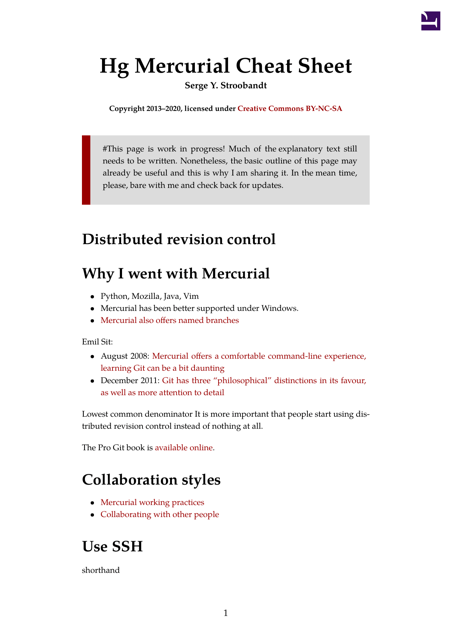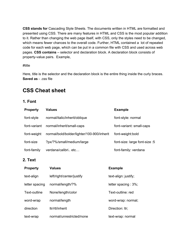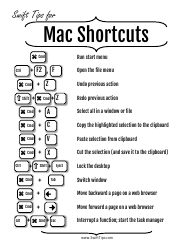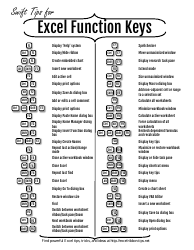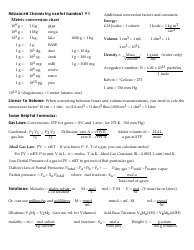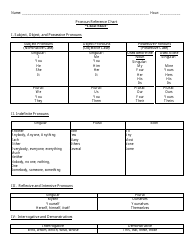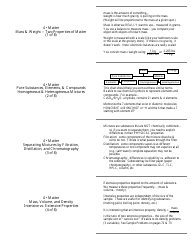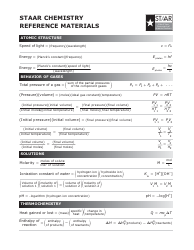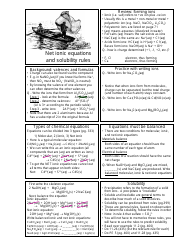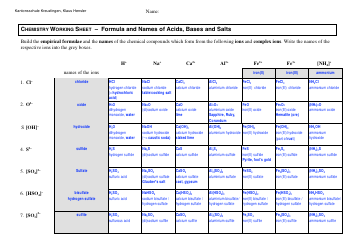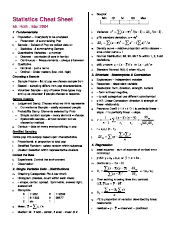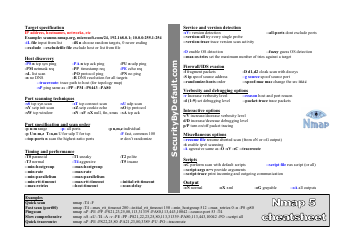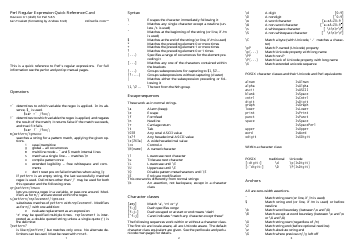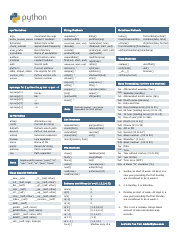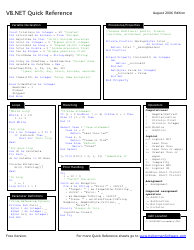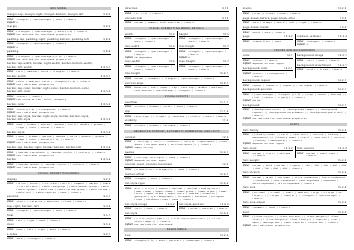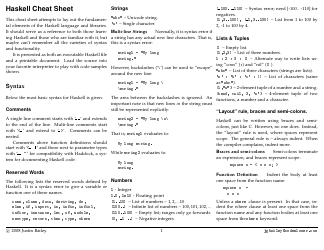Hg Mercurial Cheat Sheet
The Hg Mercurial Cheat Sheet is a reference guide that provides quick tips and commands for using the version control system called Mercurial (also known as Hg). It helps users navigate through various commands and understand their usage in managing source code and project files.
FAQ
Q: What is Mercurial?
A: Mercurial is a distributed version control system.
Q: What are the benefits of using Mercurial?
A: Some benefits of using Mercurial include easy branching and merging, efficient handling of large projects, and strong support for collaboration.
Q: How do I create a new Mercurial repository?
A: To create a new Mercurial repository, you can use the 'hg init' command.
Q: How do I clone an existing Mercurial repository?
A: To clone an existing Mercurial repository, you can use the 'hg clone' command followed by the URL of the repository.
Q: How do I commit changes in Mercurial?
A: You can commit changes in Mercurial by using the 'hg commit' command.
Q: How do I update my repository to the latest version in Mercurial?
A: To update your repository to the latest version, you can use the 'hg pull' command followed by 'hg update'.
Q: How do I push changes to a remote repository in Mercurial?
A: To push changes to a remote repository, you can use the 'hg push' command.
Q: How do I view the history of changes in Mercurial?
A: You can view the history of changes in Mercurial by using the 'hg log' command.
Q: How do I resolve conflicts in Mercurial?
A: To resolve conflicts in Mercurial, you can use the 'hg resolve' command followed by the path to the conflicted file.
